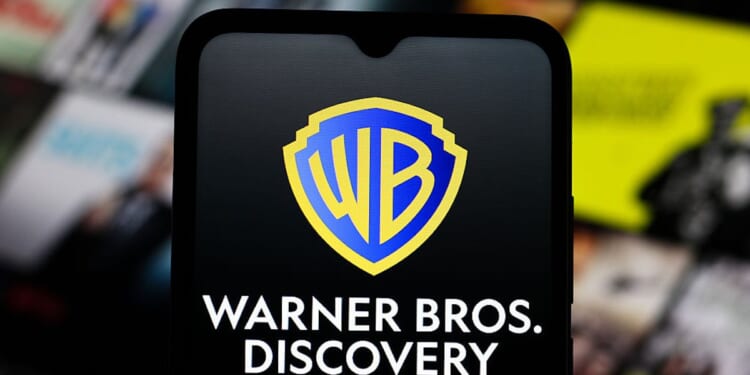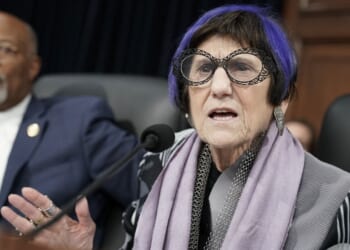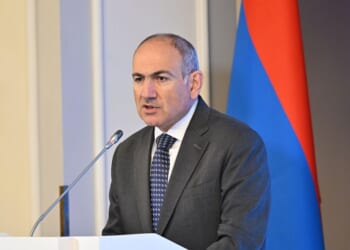In a direct rebuke of a mounting effort within Hollywood to isolate Israeli film institutions, Warner Bros. Discovery has become the latest major studio to reject a prominent boycott initiative, stating that the campaign likely conflicts with the company’s anti-discrimination guidelines.
The studio’s statement, issued to Variety, couldn’t have been clearer: “Warner Bros. Discovery is committed to fostering an inclusive and respectful environment … Our policies prohibit discrimination of any kind, including discrimination based on race, religion, national origin or ancestry. We believe a boycott of Israeli film institutions violates our policies.” The company added that while it supports free expression, it won’t endorse actions that breach either its standards or the law.
This comes in response to a boycott pledge spearheaded by Film Workers for Palestine, a group of more than 8,000 film industry figures—including actors Olivia Colman, Mark Ruffalo, Emma Stone, and Javier Bardem—to refuse work with Israeli film festivals, broadcasters, or production entities they claimed were “implicated in genocide and apartheid against the Palestinian people.”
Join us now during our exclusive Deal of the Decade. Get everything for $7 a month. Not as fans. As fighters. Go to DailyWire.com/Subscribe to join now.
Legal experts in both the UK and the United States have warned that the campaign may run afoul of civil rights and anti-discrimination laws. In the UK, the legal advocacy group UK Lawyers for Israel sent letters to major studios—including Warner Bros., Netflix, and Disney—warning that participation in or enforcement of the pledge could violate the Equality Act 2010, branding it a “litigation risk.” Across the Atlantic, Washington D.C.-based Louis D. Brandeis Center for Human Rights Under Law similarly cautioned that various state and federal civil rights laws prohibit the kind of nationality-based discrimination implied by the boycott.
Paramount Pictures was the first major studio to publicly denounce the pledge. In a statement from chief communications officer Melissa Zukerman, the studio declared: “We do not agree with recent efforts to boycott Israeli filmmakers. Silencing individual creative artists based on their nationality does not promote better understanding or advance the cause of peace.” Paramount emphasized that the entertainment industry should be amplifying global storytelling—not narrowing it.
Opposition to the pledge isn’t limited to the studios. More than 1,200 entertainment figures—among them Liev Schreiber, Debra Messing, and Mayim Bialik—signed an open letter calling the boycott “a document of misinformation,” accusing its backers of spreading antisemitic propaganda under the banner of activism.
If Warner Bros. Discovery and Paramount are any indication, studios are not eager to jeopardize legal standing—or creative freedom—on ideological crusades that may violate civil rights law.
















